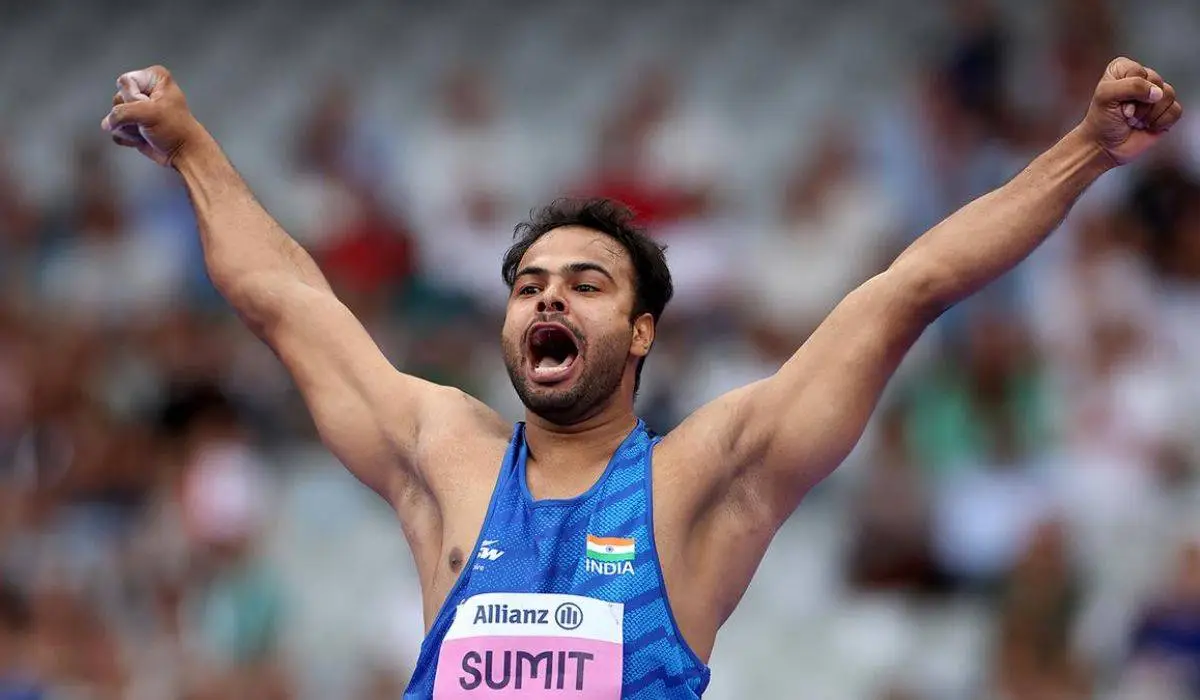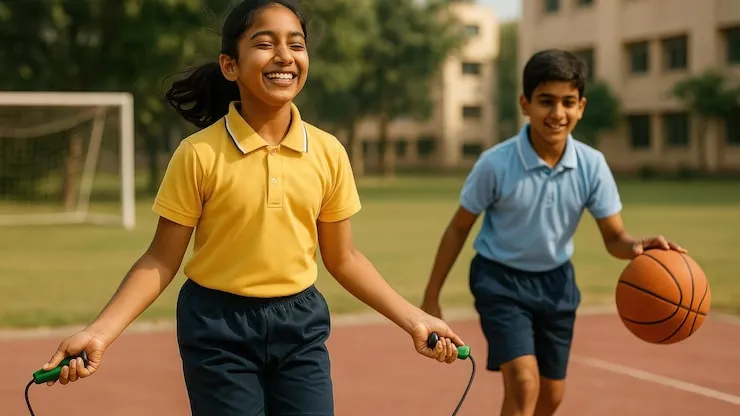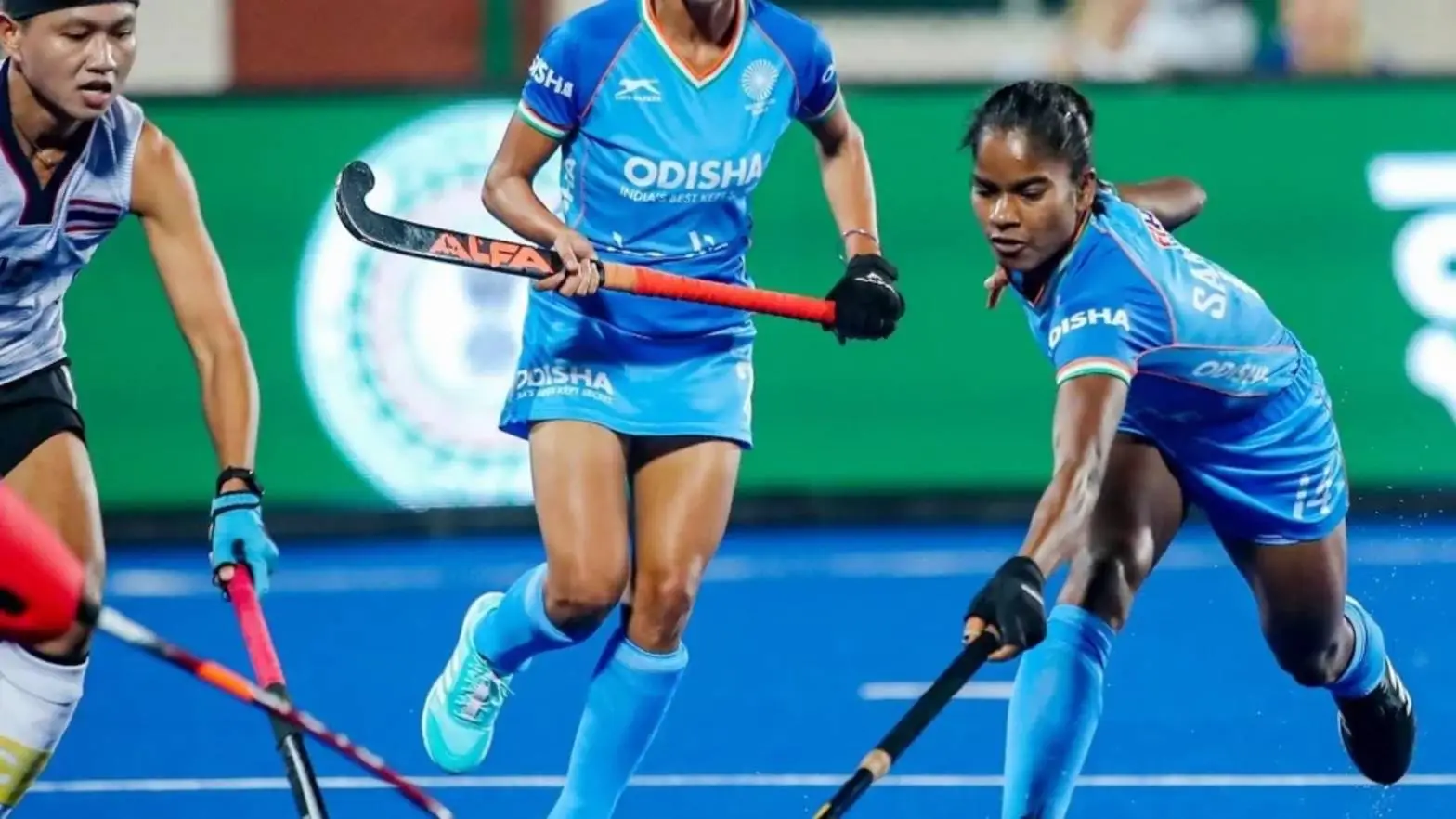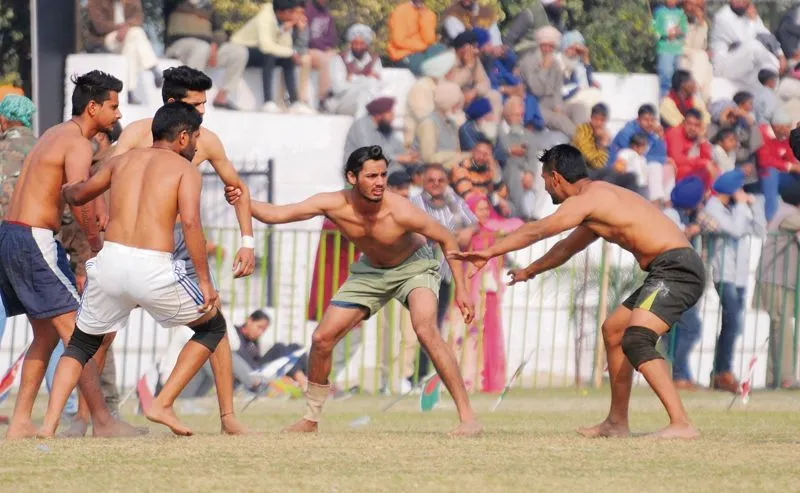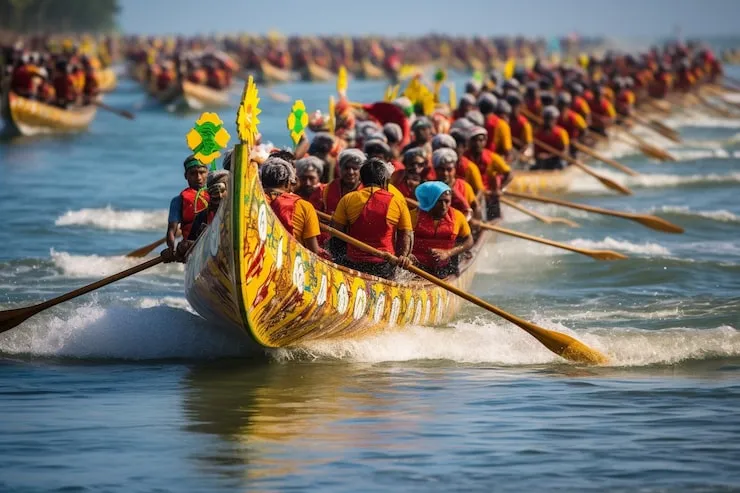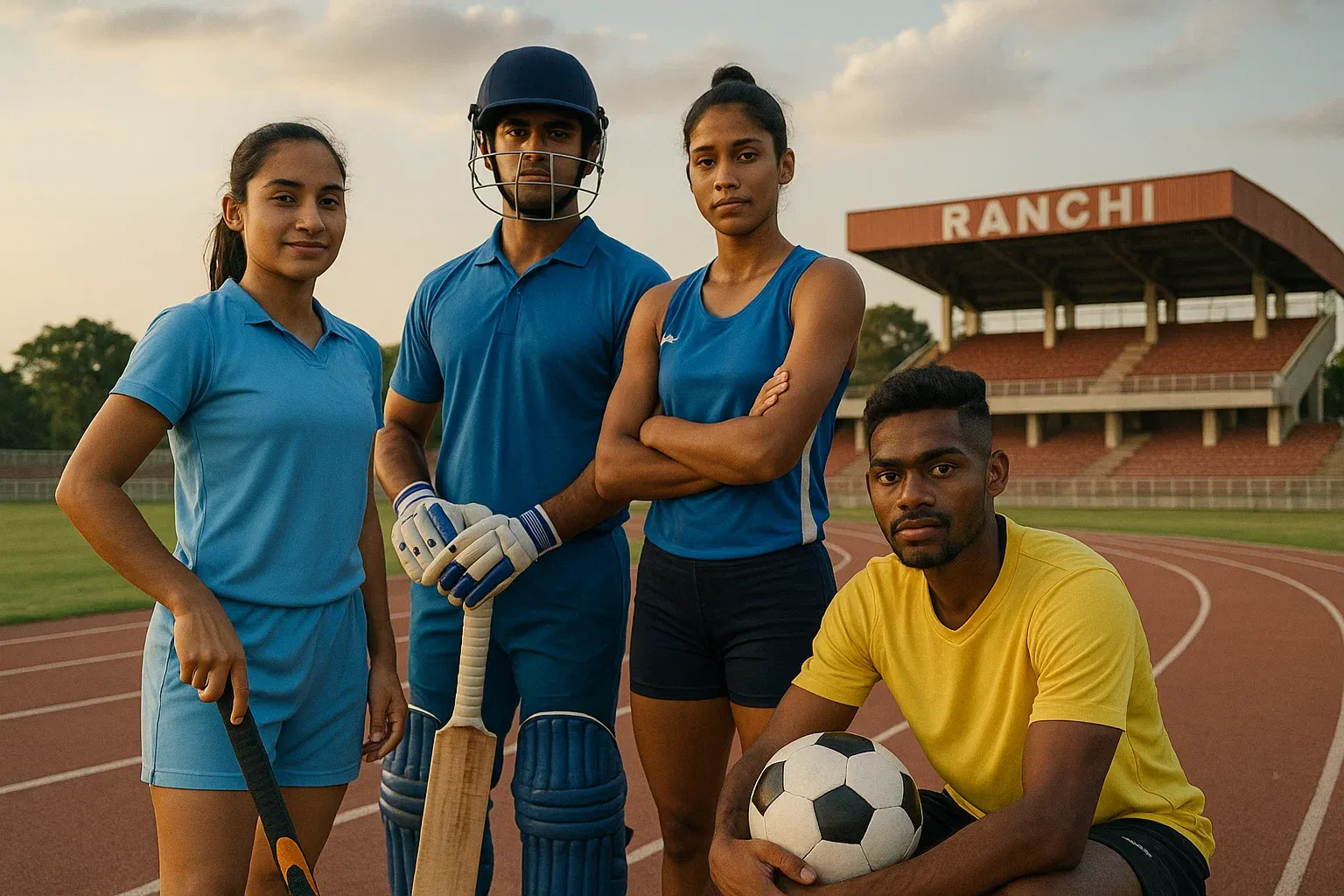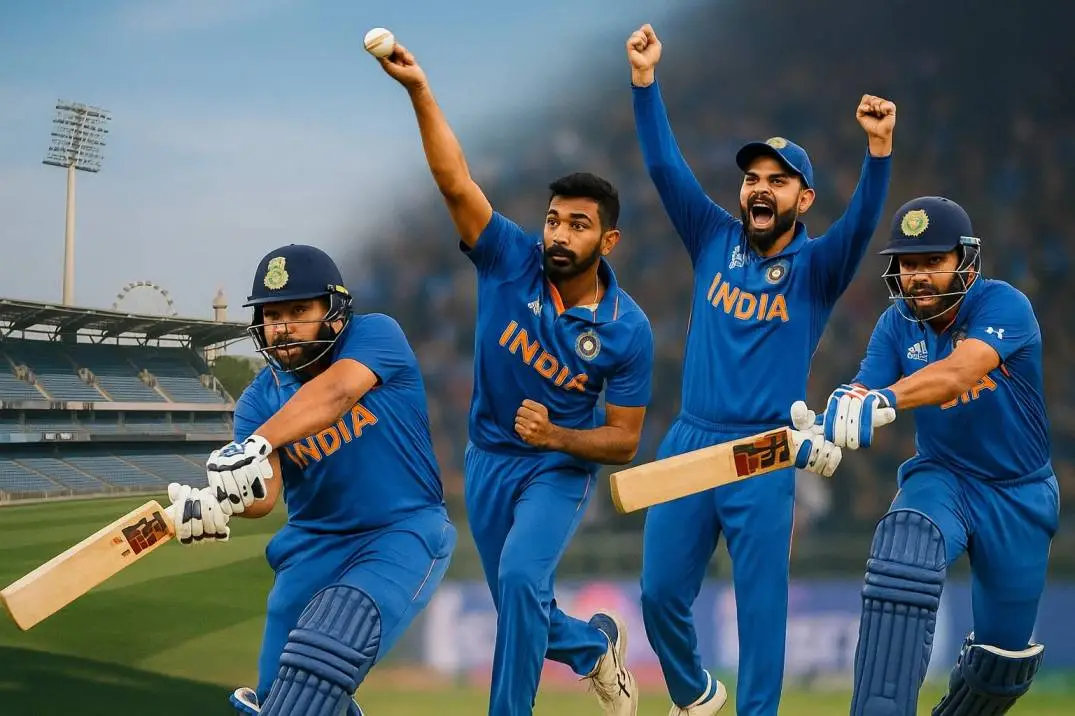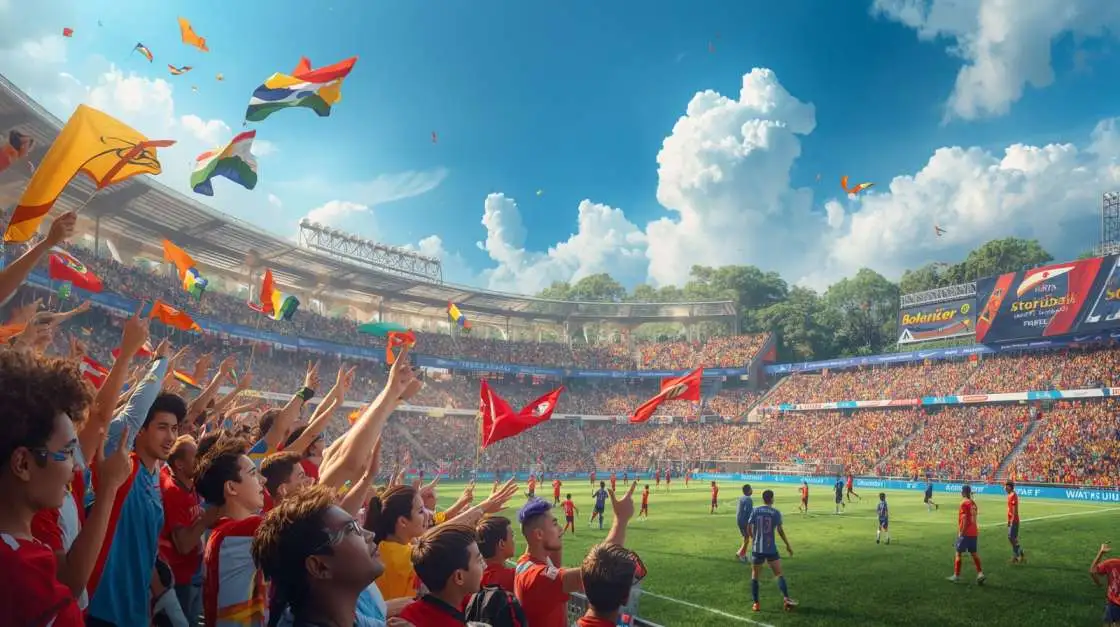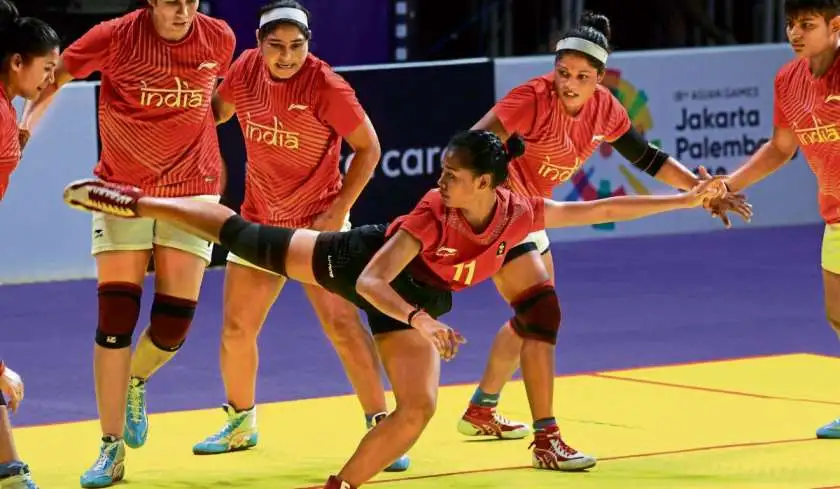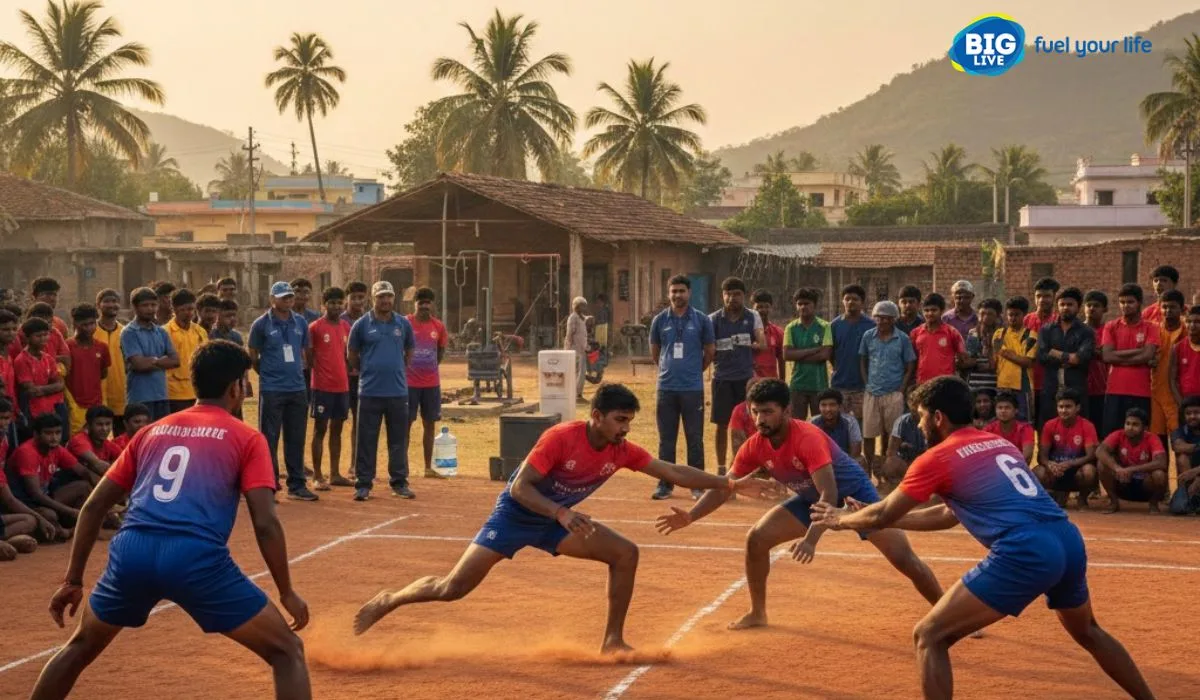Sports have always been more than just games. They represent determination, discipline, and the quest of achieving something. But when athletes disobey limitations & push beyond boundaries the meaning of sports changes. This is the essence of World Para Athletics, a global sporting event. It celebrates resilience.
At the same time, India’s capital city is experiencing an unmatched wave of sporting passion. The city is gradually turning into the sporting nerve centre of the nation. The buzz is real, and it’s inclusive. A powerful narrative emerges when the spirit of breaking barriers meets growing sports culture. It is a narrative that inspires and motivates about equality in sports.
Read Also: From Stadium to Spotlight, West Bengal’s Athletics Season
What is World Para Athletics? Breaking Down the Basics
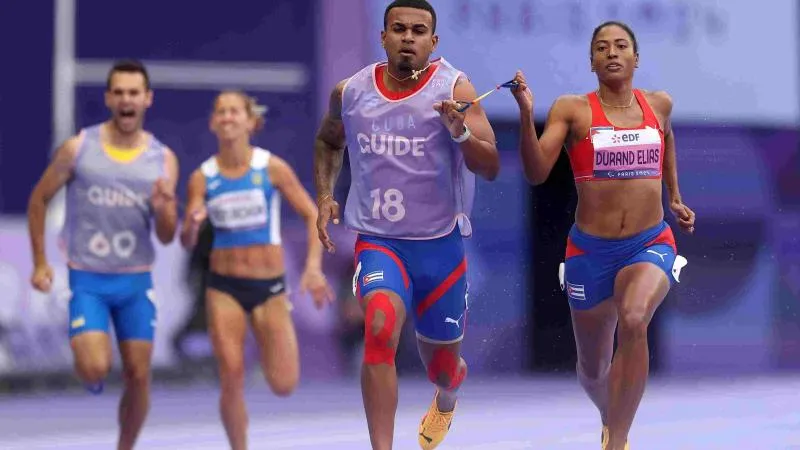
It is the event for athletes with physical, visual, and intellectual impairments. It is controlled by the International Paralympic Committee. It serves as the global stage for para-athletes to showcase their determination & spirit.
Traditionally sports were introduced as a form of rehabilitation for injured soldiers. They were the roots of Para Athletics . With time evolving , competitions were organized. In 1960 it leads to the first Paralympic Games in Rome. It is for differently-abled athletes, featuring disciplines such as:
- Field events: Shot put, discus throw, javelin throw.
- Athletes compete based on their impairment type and functional ability. They ensure fairness in competition.
Significance of World Para Athletics Globally
World Para Athletics is a global movement and not just an event. It plays a role in reshaping society’s perception of disability. Proving that ability matters more than restrictions. Every championship has thousands of athletes from over 100 countries. Which turns the stadiums into arenas of hope and unity. The success stories of Tatyana McFadden and Markus Rehm have become global names. They are not just about breaking records but breaking stereotypes. They are inspiring millions. Nations invest in adaptive sports scholarships, and training programmes. It also opens up commercial opportunities. It makes para sports an important part of the global sports economy.
India and Para Athletics
India’s trust with para sports has been nothing short of inspiring. They are winning medals at the Paralympic Games and World Championships. Names like Devendra Jhajharia &Mariyappan Thangavelu have brought glory to the nation. Securing 19 medals, including 5 golds. It was a historic highlight that transformed para sports into recognized conversations. However, this success story has challenges. For years, para-athletes in India faced issues. Limited funding, lack of infrastructure, and societal stigma were some of them. Many were trained under harsh conditions. Many were having less access to coaching and facilities.
Delhi Sports Fever: The Capital Turns Athletic
Delhi has become the sports capital. The city has hosted events like the Commonwealth Games , matches , and more. But the growing interest in fitness and community sports is unmatchable.
The Delhi Half Marathon has thousands of runners. Cycling rallies and fitness festivals, the city’s sporting spirit is on the rise. The government is investing in revamping stadiums like Jawaharlal Nehru Stadium. Indira Gandhi Indoor Stadium, and creating special training facilities for para-athletes. Schools and colleges in Delhi are also embracing sports beyond cricket. Football, badminton, athletics, and even wheelchair basketball are gaining popularity. Government and private organizations are working to introduce inclusive sports programmes. Ensuring that differently-abled people also have access to training.
The Intersection: Where World Para Athletics Meets Delhi’s Sports Culture?
Imagine a city buzzing with marathons, leagues, and fitness festivals. Are also embracing the spirit of para-athletics. That’s Delhi today. Inspired by India’s success at global para events. Delhi has started hosting para-sports tournaments, awareness drives, and training camps. The Delhi government is taking initiatives. Stadiums are being redesigned for wheelchair access, adaptive tracks, and sensory-friendly environments.
Universities like Delhi University and Jawaharlal Nehru University are promoting para-sports competitions. While corporate firms are introducing para-sports sponsorships. Media coverage, though still limited, is improving, and events like the Delhi Sports Carnival are happening. They now include para-athletic demonstrations.
This intersection creates an ecosystem of inclusion. Where World Para Athletics is not just an international event but a local aspiration. Delhi’s role here is crucial it can become the training and event hub for para-sports in India. Which will be setting an example for other cities.
Challenges Faced by Para Athletes in India
- Despite the progress, para-athletes in India still face numerous obstacles:
- Infrastructure gaps: Many stadiums lack proper accessibility features.
- Funding issues: While elite athletes receive support, grassroots players struggle.
- Social stigma: Disability is still seen through a lens of sympathy.
- Media neglect: Para-sports don’t get the same coverage as mainstream sports.
These challenges need policy reforms, corporate partnerships, and community-driven initiatives. To ensure inclusivity isn’t just on paper but on the field.
You May Also Like: Women’s Cricket World Cup And Delhi Sport Updates
Success Stories: Real-Life Heroes
- Devendra Jhajharia, first Paralympian to win two golds. He was trained with bamboo sticks due to lack of equipment. Today, he is an inspiration for millions.
- Avani Lekhara, a gold medallist has became a symbol of how resilience and hard work can overcome any barrier.
- Deepa Malik, the first Indian woman to win in the Paralympics. She not only brought laurels but also became an advocate for disability rights in sports.
- These stories are proof that India’s para-athletes are rewriting Para Sports 2025.
The Future of Para Athletics in India & Delhi’s Role
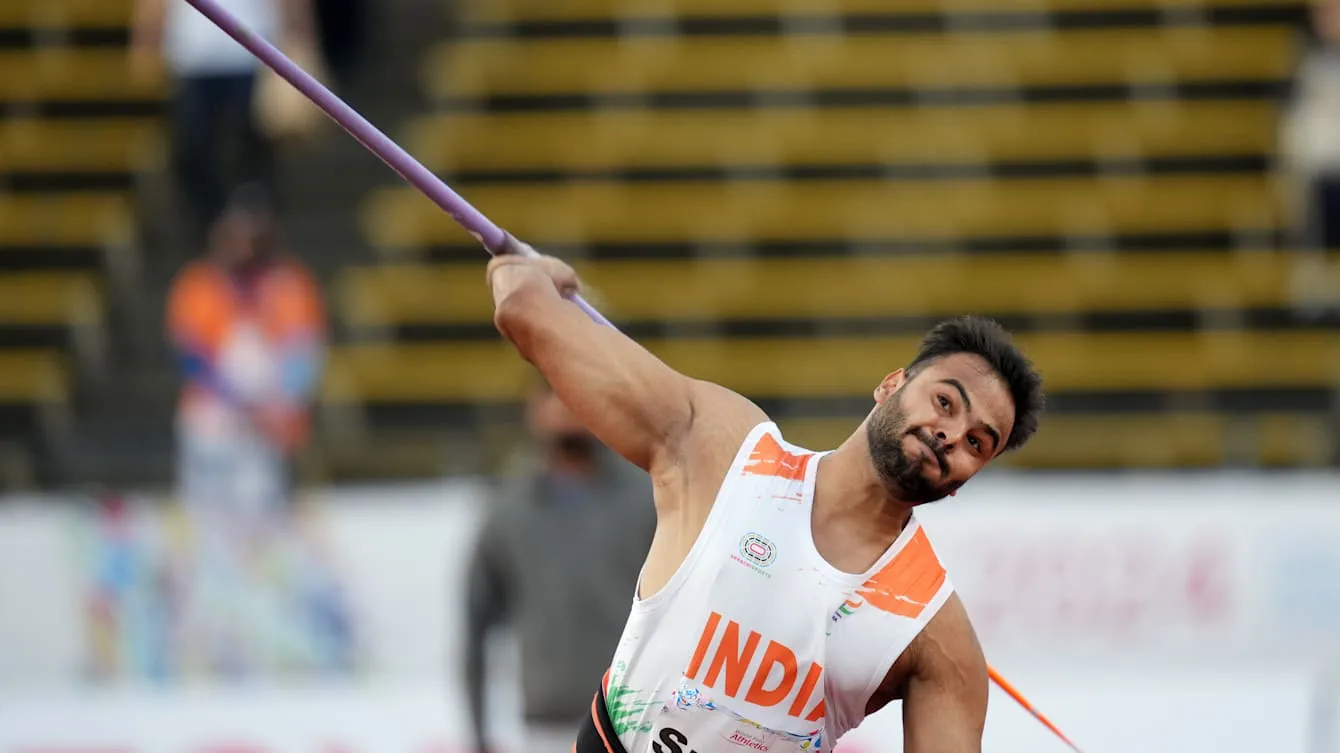
The future of para-athletics in India looks promising. With growing awareness, government schemes, and corporate support, the ecosystem is evolving. Delhi can become a model city for inclusive sports. With its infrastructure, event-hosting capability, and academic institutions promoting sports education.
Upcoming plans include:
- Dedicated para-sports academies in Delhi
- Accessible stadiums with global standards
- Annual para-athletic events to encourage participation
Conclusion: Beyond Medals, Towards Equality
Sports are not defined by physical strength alone—they’re powered by the human spirit. World Para Athletics stands as a global reminder of what determination can achieve. While Delhi’s sports fever proves that India is ready to embrace the Delhi Sport Fever.
The road ahead is clear: make sports inclusive, accessible, and celebrated for all. When differently-abled also compete on equal ground, that is when victory is achieved.



